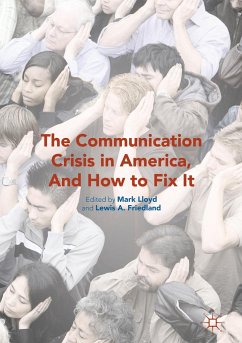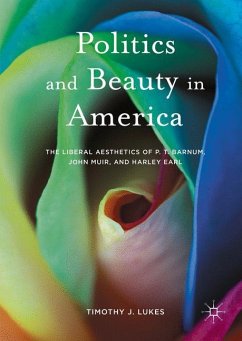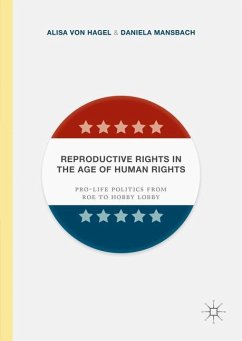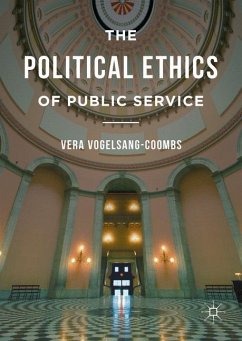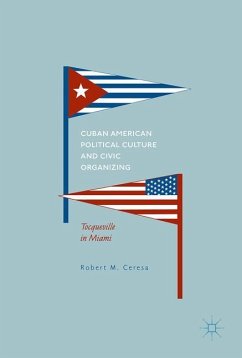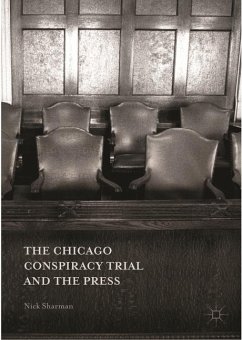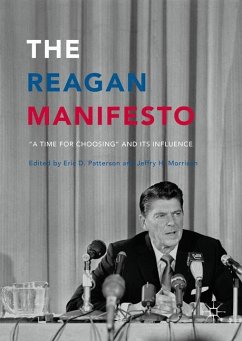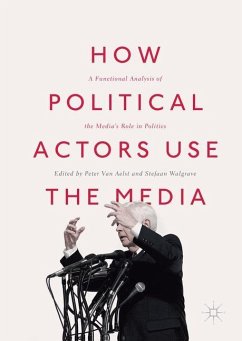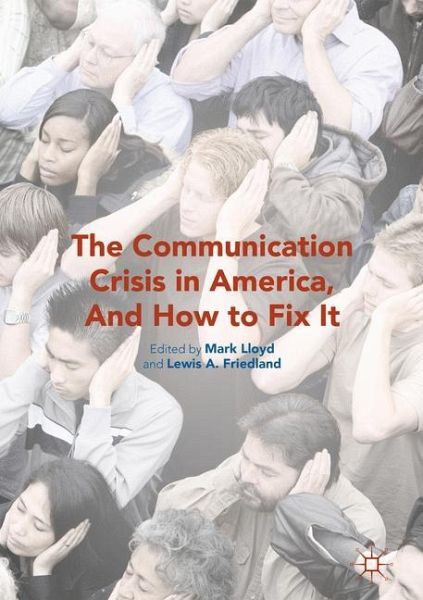
The Communication Crisis in America, And How to Fix It

PAYBACK Punkte
19 °P sammeln!
with foreword by Michael X. Delli Carpini, Annenberg School for Communication, University of Pennsylvania, USAThis book critiques U.S. public policy about communication and offers guidelines to improve public safety and create strong democratic communities. The lack of effective emergency communication, basic information about health care, education, jobs and the economy, and civic life is at a crisis state, creating problems for the whole community, not just a vulnerable few. The Communications Crisis in America is not because of changing markets or new technology, it is the failure of public...
with foreword by Michael X. Delli Carpini, Annenberg School for Communication, University of Pennsylvania, USA
This book critiques U.S. public policy about communication and offers guidelines to improve public safety and create strong democratic communities. The lack of effective emergency communication, basic information about health care, education, jobs and the economy, and civic life is at a crisis state, creating problems for the whole community, not just a vulnerable few. The Communications Crisis in America is not because of changing markets or new technology, it is the failure of public policy. The authors include economists, sociologists, journalists, lawyers and a diverse group of media and communication scholars, all offering an urgent call to action and difficult, but achievable steps forward.
This book critiques U.S. public policy about communication and offers guidelines to improve public safety and create strong democratic communities. The lack of effective emergency communication, basic information about health care, education, jobs and the economy, and civic life is at a crisis state, creating problems for the whole community, not just a vulnerable few. The Communications Crisis in America is not because of changing markets or new technology, it is the failure of public policy. The authors include economists, sociologists, journalists, lawyers and a diverse group of media and communication scholars, all offering an urgent call to action and difficult, but achievable steps forward.





